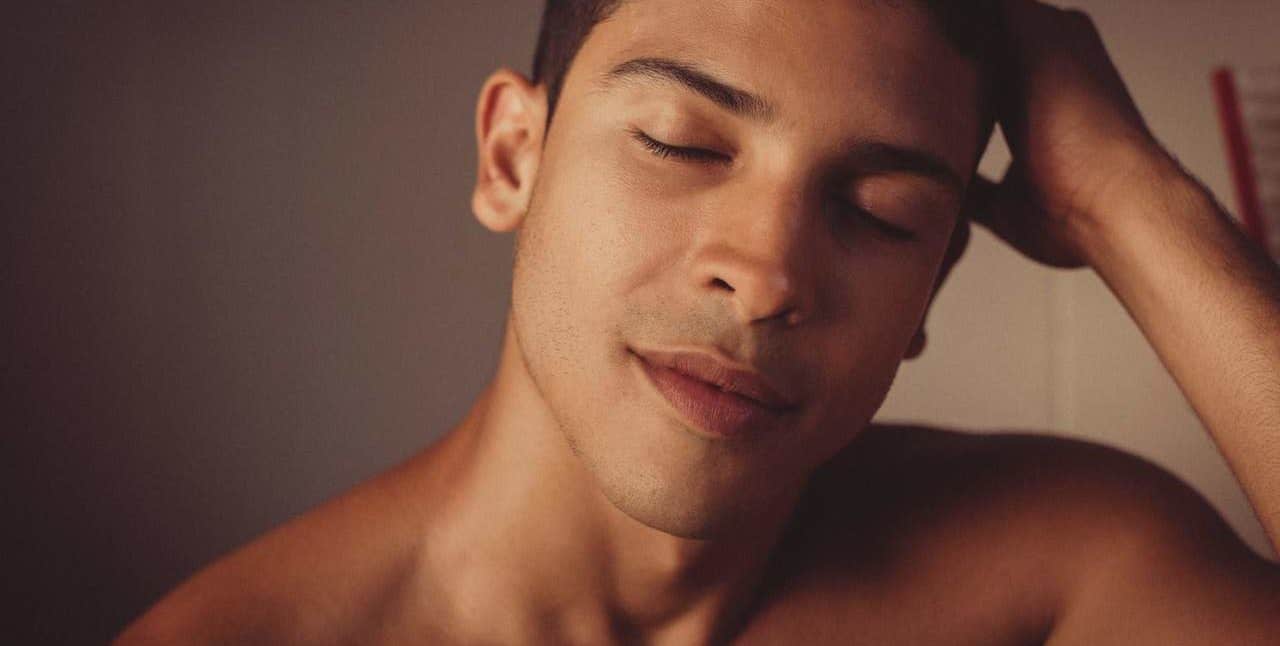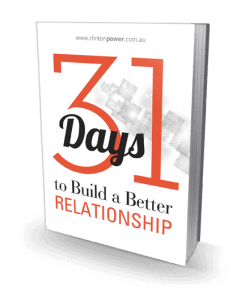Coming Out: The Importance of Compassion in Gay Relationships
Gay relationships draw surprisingly little interest from psychologists and counsellors when you consider that in many ways, the challenges gay couples experience can be much more complicated than heterosexual partnerships. Part of being in a minority when it comes to sexual orientation is that you are often unable to draw on your culture’s acceptance of you.
All relationships have their challenges, but straight couples are usually blissfully unaware of the challenges of having a relationship in a cultural climate that may or may not accept you for who you are. Straight couples are, by default, “out” – their orientation and choices need no explanation, and what people assume about them is usually correct. Gay couples, however, have a few extra issues to navigate, especially when it comes to coming out of “the closet”. When one partner is out and the other isn’t, these issues can come to the fore in a big way.
Stress on the partner who is “out”
Every human being has to come to terms with their sexuality. Puberty, learning to maintain healthy emotional and sexual relationships, and participating as an adult in the world around you takes work. As a gay person, part of this narrative may be complicated by the fact that at some point, they have to explicitly make their preferences known. For many gay people, sadly, part of the narrative of coming-of-age and learning to love and respect themselves as adults includes coming out.
When we live in a world that is oftentimes incredibly hostile to sexualities that differ from “the norm”, finally arriving at a place in your life where you are living congruently and with pride is a huge milestone. For many, wrestling with their identity and the expectations of family, friends, and colleagues is a painful story that doesn’t always have a happy ending. Being “out” is not easy.
It’s no wonder then, that if your partner is closeted, you may feel ambivalent about getting back into the closet yourself. After years of negotiating your self-identity, your partner’s apparent shame and embarrassment can feel regressive, frustrating, even an indictment on your own choice to reveal yourself. A necessary degree of secrecy can feel hard to maintain.
Stress on the partner who is “closeted”
If, however, you are somewhere else in your coming-out journey, your partner’s status may frame and overshadow yours in complicated ways. You may feel rushed or misunderstood. Your partner may interpret your need for discretion as shame, a negation of the seriousness of your relationship or even outright lying. You may even find yourself negotiating two sets of expectations: one from your partner and one from the rest of the world. In time, this feeling of being pulled in two different directions can force you to make decisions that you may not be ready for.
It’s always a delicate matter to decide when a relationship officially becomes “serious”. That moment when a partner is sufficiently part of our lives to be introduced to our families. This is endlessly complicated when the question of integrating your partner into your life is the same dilemma of revealing an entire part of yourself that is currently hidden. You may find yourself in “limbo”, unable to move past a particular point.
A balancing act
In a way, all couples, no matter their orientation, have to find a workable balance between society’s expectations of them and their own wants, needs, and dreams for their relationship. In gay relationships, where society’s expectations leave a lot to be desired, this difficulty can be amplified.
In my practice, I have found that this issue can be a pivot in a relationship. It’s an opportunity to engage with some important questions: how do we see ourselves? How do others see us? What are the boundaries between private and public? What does my ideal relationship look like? What do I look like in my ideal relationship?
Although these are not easy questions to answer, I believe that they offer a path to a stronger, more resilient sense of ourselves and how we work in relationships. Whether we know it or not, our identities are constantly interacting with other people, with our cultures at large, with those we love. How we engage with this interaction and resolve to be as authentic a possible can take some time to figure out.
A solution
There is no one-size-fits-all solution for couples in different places in their coming out stories. We all owe it to ourselves to be genuine in our interactions with others, to know who we are, and be that with dignity and pride. Gay relationships ask us to pay a little more attention to how our beliefs about ourselves interact with the world we live in. Whether as an individual or as part of a couple, compassion is the best way to work through tensions that spring up.
If you are the partner of someone who is still in the closet, your compassion may take the form of remembering your own coming-out. Realise that the pressures on gay people are not uniform and that some experience more negativity than others. Offer support without pressure. Try not to take things personally when your partner seems to act inhibited or secretive. Realise that by being out of the closet yourself, you are acting as a powerful role model for your partner.
If you are closeted yourself and your partner is not, your compassion will have to be for your own process. Try not to confuse your caution about outing yourself as a negation of your feelings for your partner. Be mindful of their feelings. While you can learn from their experiences, be gentle with yourself, and move at a pace that is comfortable and makes sense for you.
Whenever two individuals get together, there is inevitably a degree of conflict. We are all at different places in our lives, have different career goals, different maturity levels, different ages and different past experiences. Having compassion for one another and the journeys we are on will open us up to deeper connections with each other.
If you’re dealing with coming out or in a relationship where coming out is an issues, contact Sydney Gay Counselling on +61 2 8968 9323 to find out how we can help you.

